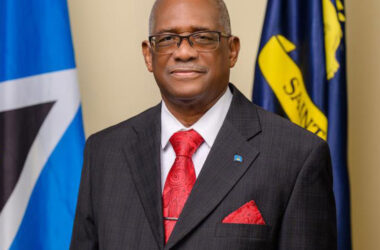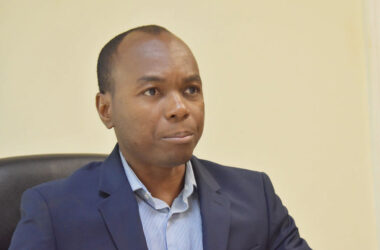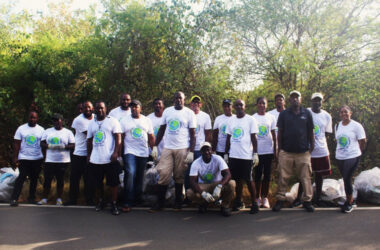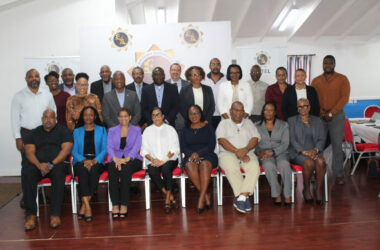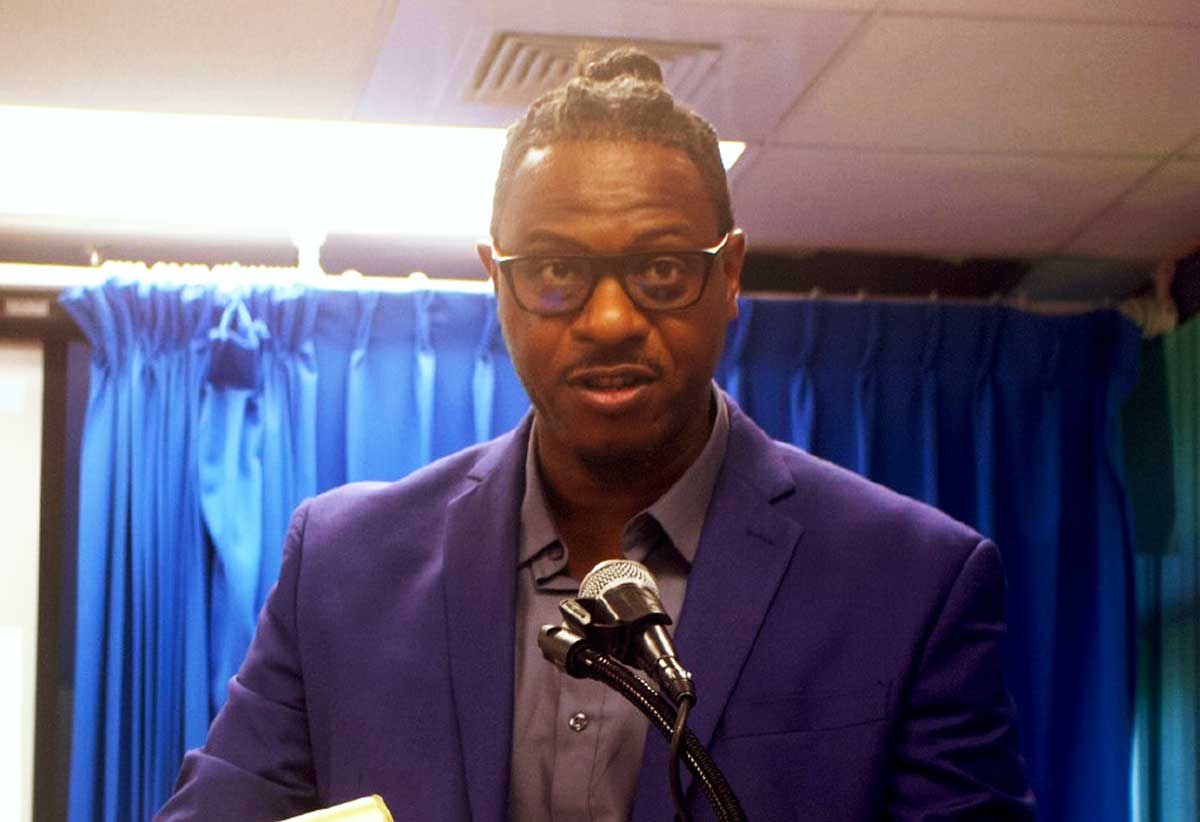
While the St Lucia National Conservation Fund (SLUNCF) is recognised as a small agency, established in 2016, CEO Craig Henry says it has a “very ambitious mandate”, which is primarily geared to secure and provide sustainable finance for a range of conservation-oriented activities and initiatives.
Henry explained that the SLUNCF pursues “national priorities”, which is determined by government authorities and an international thrust that are important to influence Sustainable Development Goals (SDGs) applicable to various forums.
He outlined the structure of the conservation fund as a unit in a cluster of a network of consolidated funds that have been created under the Caribbean Sustainable Finance Architecture, which translates to the Caribbean Biodiversity Fund.
“It is the first of a very true representation of sustainable finance in the Caribbean,” said Henry.
He reiterated that while the SLUNCF pursues an ambitious goal, it is also imperative that, “in order to achieve our mandate, we need to collaborate and it’s our intention to seek those collaborations very intently.”
Henry said there has been several local and international partners working with the SLUNCF over the years “and the SLHTA, through its TEF –Tourism Enhancement Fund project, has been a very ardent partner.”
He disclosed that prior to the COVID-19 crisis, the fund was able to raise approximately US$1.5 million. Some of these monies have been apportioned to issue grants to local community groups “in the hopes of strengthening our local communities for various activities.”
Henry notes that, “A partnership with the SLUNCF brings about so many benefits, because of its uniqueness, in terms of structure …and continuity of projects, such as climate change, adaptation, resilience and so forth. But also, sustaining gains that we have achieved through (implementation of) projects.”
Speaking on the funding of projects, he said: “Our goal … is to prolong that funding support so that the gains can be sustained over the years.”
Referring to the partnership with the SLHTA, Henry stated that “it has been an amazing ride, given that we were able to fund many innovative projects, even within the Covid-19 pandemic…and despite its pernicious effects, the groups were able to implement their projects successfully.”
He added that the focus on “priority areas” is also of interest to the hospitality sector and this entails “wildlife diversity, local bio-diversity, protection and public awareness and also our marine environment.”
Henry also noted the importance of the marine environment to the hospitality sector, and including the areas of conservation and the dive shops. In the process, he added “we have established some new artificial reefs that lessens the burden and pressure on our coral and natural coral reefs and that as well has its bearings on the dive sector.”
He said while obtaining funding from the conservation fund to implement projects, there are also links that other sectors could benefit from.
Henry spoke about a new and important component in the management of the conservation fund “through a partnership with an online platform –called Voyage, which stands for Travelling or Journey”.
“What this opportunity represents is a way to get sustainable finance that targets the discerning traveler who wishes or cares about the carbon footprint,” he added. “We know that all over the world, people travel great distances and we also know that we have the global goal of reducing our in-house gases and reducing carbon emissions.”
Taking into account the magnitude and scope of this project, Henry asserted: “ This partnership provides a way to capture and to engage travelers who wish to do something about lowering their carbon footprint …and marrying those and being able to get contributions from those travelers to support ‘Carbon Offset Projects’. Very simply, carbon offset presents an opportunity for the traveler to contribute to any activity or initiative that either reduce carbon emissions or hold it down.”
For instance, he said, projects undertaken have included the restoration of mangroves, building technology, solar panels to lower the costs of energy at various locations, and replanting forested areas.
Moving on, Henry said: “We have also already listed two local projects, one supporting local framers in the Laborie area and another supporting coral reef restoration in St Lucia…and with regards to the Youth Economy initiative, this project can also benefit from this.”
He adds, “Local hotels also have their own component through a commercial aspect of this project. And there has been local interest because we recognize that in the hospitality sector there is also the issue with regards to consumption of fossil fuels, and so there is an opportunity for collaboration to participate in this carbon offset venture.”
[R.A.]





